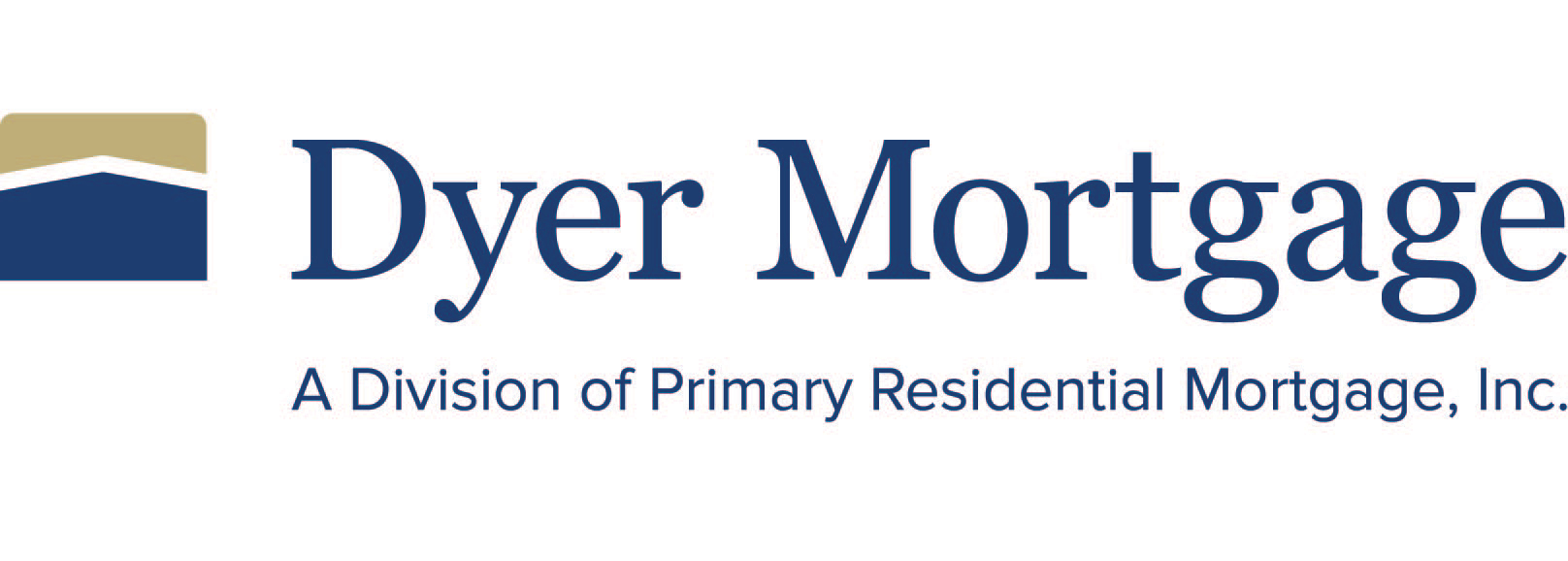Why Asking for the Best Rate is the Worst Question


There are usually two statements that come up early in every conversation when it comes to home loans.
The first is: “I want the lowest rate and the lowest cost,” quickly followed by “What’s my rate going to be?”
Although those statements are important-asking about rates is a natural opening question-it is not the most important part of financing.
Instead of saying “I want the lowest rate” it’s better to ask “how can I obtain the best overall financing package to meet my individual needs?”
Let me explain.
Getting the lowest rate typically comes at the highest cost-that may not be what’s most important to you. If your real objective is to buy a home and have the least amount of money out of pocket you don’t want to spend thousands of dollars in additional closing costs to obtain the “lowest rate”. An educated consumer will ask about the best combination of rate and costs to meet their individual needs. Once you have those answers the next step is asking the right questions to structure your financing and compare the interest rate options.
When it comes to consumer financing, especially for a home loan, there are hundreds of factors that will determine the rate you can obtain. Typically the “lowest rate” doesn’t always equate to the best deal. Here are the top five things that affect mortgage rates:
- Credit score — Lenders use credit scores to determine risk and usually range from 500-800; scores 740 or higher will have the lowest rates. But if you have a lower credit score (especially under 680) you will see that the rates are higher. The difference can be significant; two buyers with the exact same profile can have a 1/2 percent to 1 percent variance in rate solely based on credit score.
- Loan to Value — The more down payment you have in the home the less likely the loan will default. The lender risk is lower so the rates are lower. Customer No. 1 putting 20 percent down is less risk than customer No. 2 with a 5 percent down payment.
- Loan term — The shorter the term, the lower the rate. Typically a 15 year fixed rate is 1/4 percent to 3/4 percent lower than a 30-year loan. If you are asking for the “lowest rate” be sure it is for the term you are expecting.
- Occupancy — If the home is owner occupied and your primary residence you will get the lowest rates. Conversely investment property is considered higher risk and typically has higher rates by 1/2 percent to 3/4 percent.
- Loan amount and loan type: Rates will vary based on the loan amount and program type. A jumbo loan of $700,000 will have different rates than an FHA loan for $125,000.
It’s more important to negotiate the best overall deal for yourself, not just the lowest rate. For example if you say you want the lowest rate it may come with the highest cost. An interest rate of 4.5 percent may have no discount points whereas a lower rate of 4 percent can cost you thousands of dollars at closing. Discount points are paid upfront at closing to get a lower rate for the term of the loan; one discount point equates to 1 percent of the loan amount. Here’s how the math works on a $300,000 loan fixed for 30 years:
4.5 percent, 0 points = $1,520.01/month
4 percent, 2 discount points = $1,432.25/month with $6,000 additional closing costs
Payment difference = $87.76/month
You’d have to pay an additional $6,000 at closing to save $87.76 per month; the time to recoup that expense is nearly 6 years. If you are not going to keep the loan that long you are better off with a slightly higher interest rate and saving $6,000 at closing. In this case you don’t want the lowest rate, you want the best value for your money.
Every situation is different and while the “lowest rate” sounds like the obvious thing you want there may be much better options for you. Get professional advice and compare all the choices that are available before assuming that the lowest rate is best for you. In many cases it’s the least important part of your decision when choosing the loan that is best for your individual needs.
Bobbie Dyer, Division President
NMLS # 498952
Check out this article on Florida Today’s website here.

